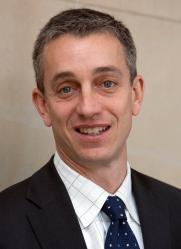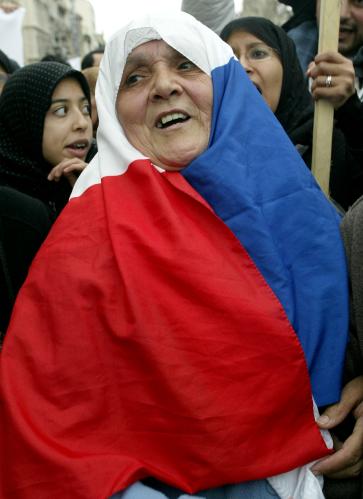

12:00 pm EDT - 2:00 pm EDT
Past Event
12:00 pm - 2:00 pm EDT
1775 Massachusetts Ave., NW
Washington, DC
The rise of political Islam in the Muslim world has for years presented a dilemma for American foreign policy makers. Some have argued that the United States should engage with Islamist actors, while others insist their views and agenda deem them unfit to sit at the negotiating table. Yet despite such divergent perspectives, there have been few efforts to accurately define political Islam, much less understand its meteoric rise or its diverse manifestations.
In seeking to fill this significant void in the national debate, the Saban Center at Brookings hosted Mohammed Ayoob, Distinguished Professor of International Relations and author of the recent book, The Many Faces of Political Islam, and Steven Heydemann, Vice President and Senior Advisor to the Muslim World Initiative at the United States Institute of Peace in Washington, DC.
Ayoob argued that the Islamists of today are engaging in revisionist history in claiming that there is no distinction between religion and politics, noting that the political and religious spheres have always been very distinct in Islamic tradition. Ayoob stated that the ulema, or religious scholars, in fact advocated quietism, favoring political stability over anarchy and chaos. It was not until the advent of European colonialism in the 19th century and the post-colonial era of the 20th century, that politics and religion began to influence each other. It was then that age-old concepts such as jihad were reinterpreted to become an anti-colonial and anti-domination movement, and new ideas such as the territorial nation-state led to distinctly nationalized versions of Islam. Ayoob cited such movements as the Muslim Brotherhood in Egypt, and Hezbollah in Lebanon, as examples of this shift. He also took issue with the idea of a singular conception of the Islamic state, arguing that the two such existing states—Saudi Arabia and Iran—are markedly different in their structure and interpretation of Islam.
Heydemann acclaimed Ayoob’s book, calling it a wonderful exercise in “complexification” and elucidation of a very important yet misunderstood issue. He praised Ayoob’s ability to avoid generalization and engage in scholarly analysis of political Islam, while still making these complexities accessible to the wider public – though he cautioned against what he viewed as a sometimes “overzealous” attempt to gloss over the more unsavory aspects of Islamism. Heydemann argued, for instance, that Ayoob oversells the idea that political Islam is not violent, noting that while still the minority, there nevertheless exist several Islamist organizations committed to violence. He also suggested that the image of Islam as a monolith is not just the fault of American policymakers, but also a result of the efforts of Islamist groups to frame themselves as the unified representative of their faith.


John J. DiIulio, Jr.
April 15, 2024
2023
The Brookings Institution, Washington DC
10:00 am - 11:30 am EDT

Shadi Hamid
September 29, 2023